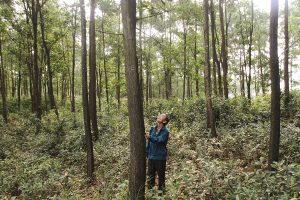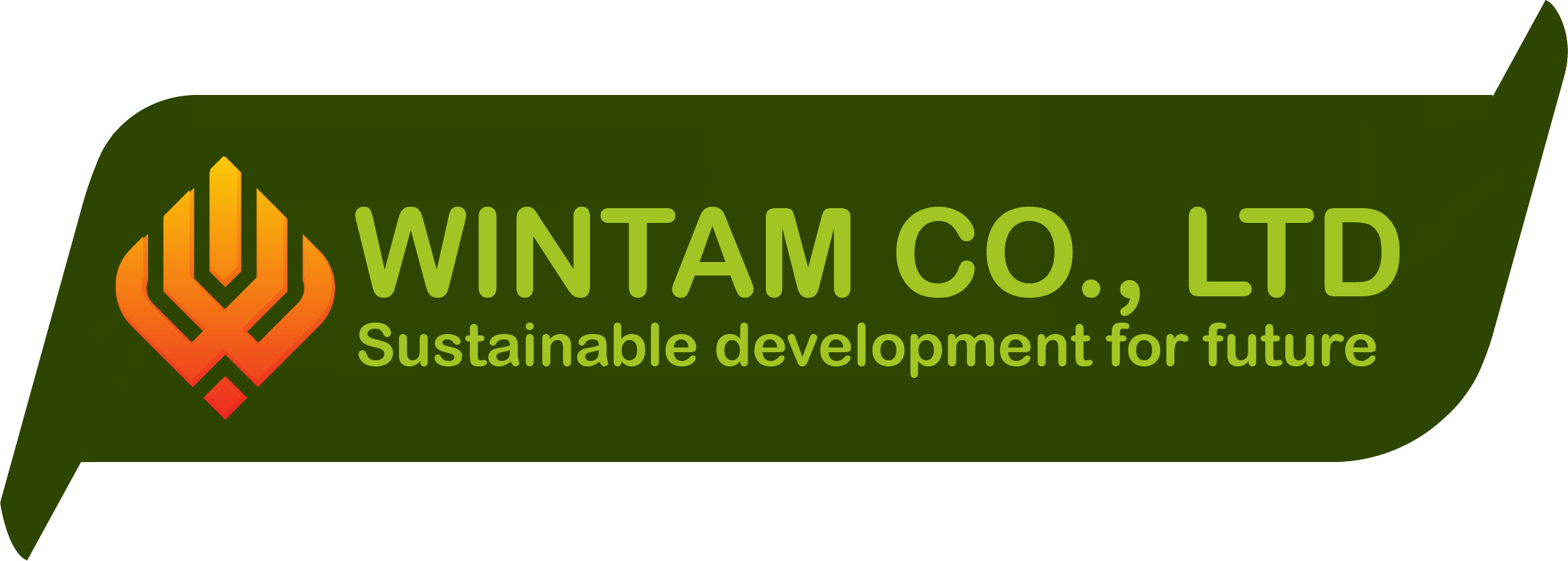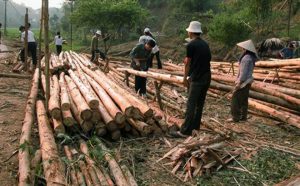
On January 3rd, the Vietnam Timber and Forest Product Association sent a letter numbered 107/HHG-VP to the Ministry of Agriculture and Rural Development and the Ministry of Finance, requesting a resolution to the difficulty in verifying the origin of plantation timber for the purpose of VAT tax refunds.
Domestically planted timber has become the most important source of raw material for Vietnam’s wood processing industry for export. This supply is the foundation for the growth and development of the wood industry, contributing to over 14 billion USD in annual revenue through wood exports. Revenue from plantation timber is also an important source of income for over 1 million households involved in forest planting, contributing to poverty reduction for many ethnic minority households in difficult areas.
However, since the beginning of 2022, export companies using plantation timber, especially those using a large volume of timber such as wood chips, plywood, and compressed wood, have faced numerous difficulties, particularly in the VAT tax refund process.
In the context of declining exports of wood products to major markets such as the United States, the European Union, and the United Kingdom by 40-50%, the cash flow of businesses is seriously affected, and obstacles in the VAT tax refund process make their situation even more difficult. It is estimated that the amount of unrefunded VAT tax for companies using plantation timber is currently over 1,000 billion VND, with hundreds of companies yet to receive refunds. Some companies have an outstanding amount of up to 200 billion VND, while many others are waiting for refunds of 40-50 billion VND.
Under current regulations, the time for VAT tax refunds for businesses is no more than 40 days from the date the tax authorities receive the documents from the company. However, in reality, most businesses have not received their refunds since April or May 2022, and some have not received refunds since January 2022. The slow refund process has exceeded the current regulations, leading to some companies having to halt exports and others suspending their operations. If the difficulties in the VAT tax refund process continue in the future, many companies will have to close. The consequences of this will negatively affect the plantation timber supply chain, including millions of households involved in forest planting.
The main reason for the current bottleneck in VAT refund is due to the guidance provided by the General Department of Taxation in documents such as Official Letter No. 429/TCT-TTKT dated February 22, 2021, Official Letter No. 2124/TCT-TTKT dated May 22, 2020, Official Letter No. 2928/TCT-TTKT dated July 22, 2020, and Official Letter No. 4569/TCT-TTKT dated October 27, 2020, specifically:
Wood and wood products made from domestically cultivated forests are considered high-risk items for tax purposes.
Local tax authorities are required to enhance inspections and monitoring, and collaborate with local police, customs, and authorities to verify the origin of wood.
The current inspections and monitoring of businesses not only cause delays in their production and business activities but also create anxiety within the business community.
In addition, the detailed requirements of tax authorities regarding the verification of the origin of raw wood are currently inconsistent with related regulations as instructed by the Ministry of Agriculture and Rural Development.
For instance, Article 20 of Circular No. 27/2018/TT-BNNPTNT of the Ministry of Agriculture and Rural Development, issued on November 16, 2018, on the origin of forest products stipulates that companies participating in the purchase, sale, and transportation of domestically cultivated wood must have a “list of forest products prepared by forest owners and a copy of the forest product origin dossier sold by the forest owners.” However, due to the classification of wood products sourced from domestically cultivated forests as high-risk items for tax purposes according to the above-mentioned guidance of the General Department of Taxation, tax offices in various localities cooperate with local authorities of forest owners to verify: 1) the area of cultivated forests, their legality, and whether they are in dispute; 2) the legal capacity of the signatories of purchase agreements; 3) whether the wood supply is feasible; and 4) whether the wood is of the right age for harvesting.
Moreover, when exporting companies apply for VAT refunds, tax authorities in many localities return their applications and require the companies to confirm the origin of the input wood materials in their exported items. Specifically, tax authorities and other related agencies are verifying the origin of materials up to the forest owner, including requesting export companies to provide land ownership certificates of the forest owner and requiring a third party, either the local forestry agency or commune People’s Committee, to confirm the forest product origin dossier.
This indicates inconsistencies between Circular No. 27 of the Ministry of Agriculture and the regulations of the General Department of Taxation regarding the verification of wood origin.

